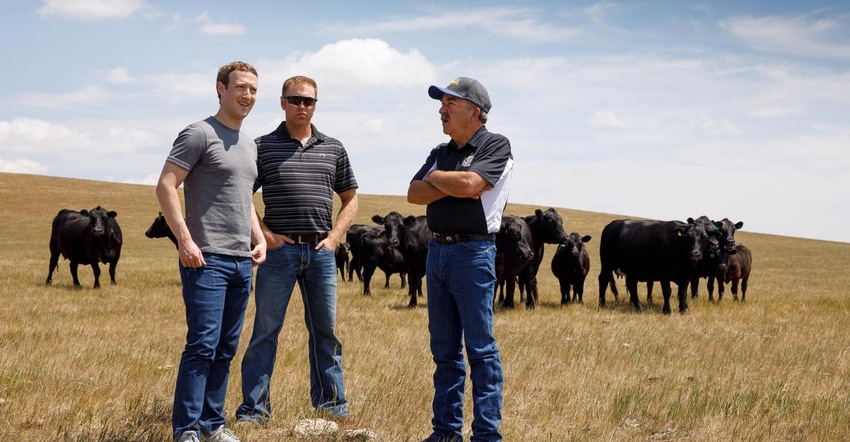Purchasing shares, PETA hopes to influence the popular social media platform from the inside.
July 15, 2019

Facebook is a great tool to communicate with friends, connect with peers, share news and information and debate critical issues with others.
However, Facebook has also been called out for filtering information, only showing news and headlines that confirm our own personal political or ideological biases.
Over the years, there have been accusations that Facebook CEO Mark Zuckerberg has censored political content, but the 33-year old billionaire insists that Facebook’s goal is to “be a platform for all ideas.”
Perhaps it’s paranoia, or maybe there’s some truth to it. Either way, outside parties are working hard to ensure their messaging stays top of mind with Facebook consumers.
For example, there’s PETA. In June, the animal rights organization called out Facebook for censoring its content.
In a press release, PETA says, “Over the past few months, Facebook has been increasingly censoring PETA's content featuring violence against animals on its Facebook and Instagram platforms. PETA's objective is to stop animal suffering, and we rely on social media to reach people with information that they might never otherwise see.”
Taking matters into their own hands, the animal rights activist group decided if they wanted their content seen, they would just have to buy their way into Facebook and influence the social media platform as a shareholder.
This week, PETA announced it had purchased shares in Facebook. The activist group follows the trademark tactics of HSUS, another activist group that regularly purchases shares to have influence on retailers, pharmaceutical companies, restaurants, grocery stores and more.
In a press release, PETA shares, “Today, PETA purchased shares in Facebook, enabling the group to submit a shareholder resolution, attend the company’s annual meetings, and ask questions of executives there. The move comes after the social media platform upped its use of warning screens on PETA videos showing real-life incidents of routine cruelty to animals, significantly limiting the group’s ability to expose animal suffering to a wide audience.
“People deserve to see what animals endure in laboratories, on factory farms and in slaughterhouses, when they’re skinned or plucked alive for clothing, and when they’re beaten so that they’ll perform tricks,” says PETA Executive Vice President Tracy Reiman. “PETA urges Facebook to follow Twitter’s lead by allowing users to decide for themselves whether they want to opt in or out of warning covers.”
“Sharing eyewitness video footage directly with the public through social media has played a vital role in many of PETA’s victories in behalf of animals—including leading major companies to end appallingly cruel experiments on animals, forcing many circuses that use animals to shut down or stop using wild animals, and persuading hundreds of retailers to ban fur.
“PETA’s motto reads, ‘Animals are not ours to experiment on, eat, wear, use for entertainment, or abuse in any other way.’ The group opposes speciesism, which is a human-supremacist worldview.”
That’s some scary stuff right there, and I’ll be mindful of that as I use Facebook in the future. What content is being censored and what type of material will now be front and center that users will see now that PETA has weaseled its way into the company as a shareholder?
As a society, we need more critical thinkers and less of the “follow the sheep” mentality; yet, this is very difficult to achieve when only certain material is put in front of people. Whether it’s journalists, social media platforms or politicians — we as a society should demand transparency, honesty and full disclosure of information on all topics.
And as agricultural producers, we need to continue to fill our Facebook newsfeeds with positive food production content. After all, if Mark Zuckerberg is truly filtering what people see, we better at least keep him busy!
The opinions of Amanda Radke are not necessarily those of beefmagazine.com or Farm Progress.
About the Author(s)
You May Also Like




.png?width=300&auto=webp&quality=80&disable=upscale)
